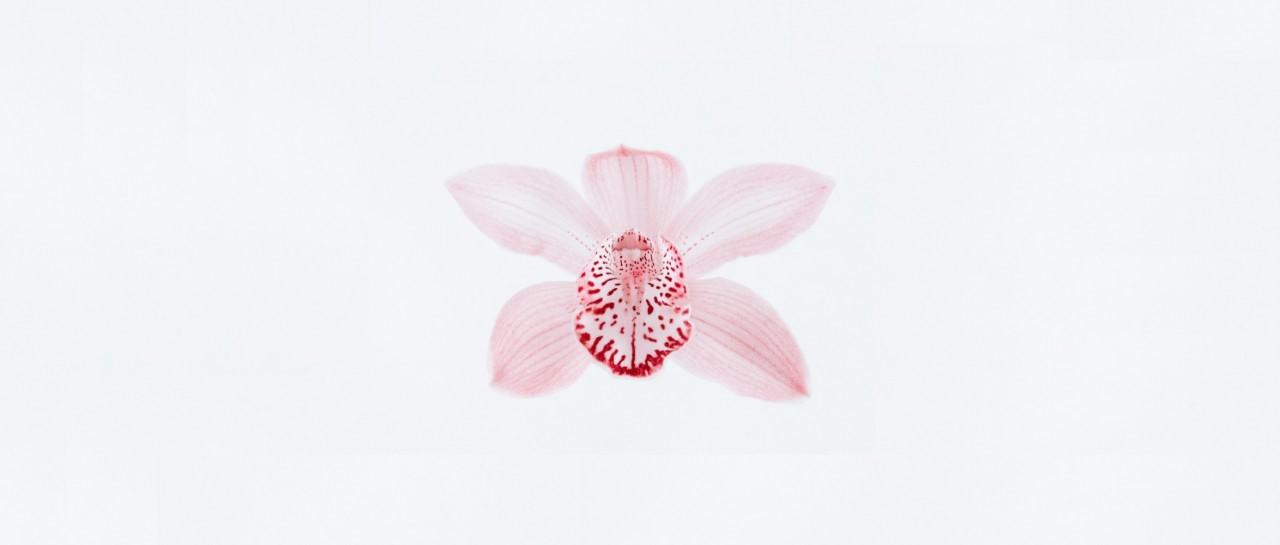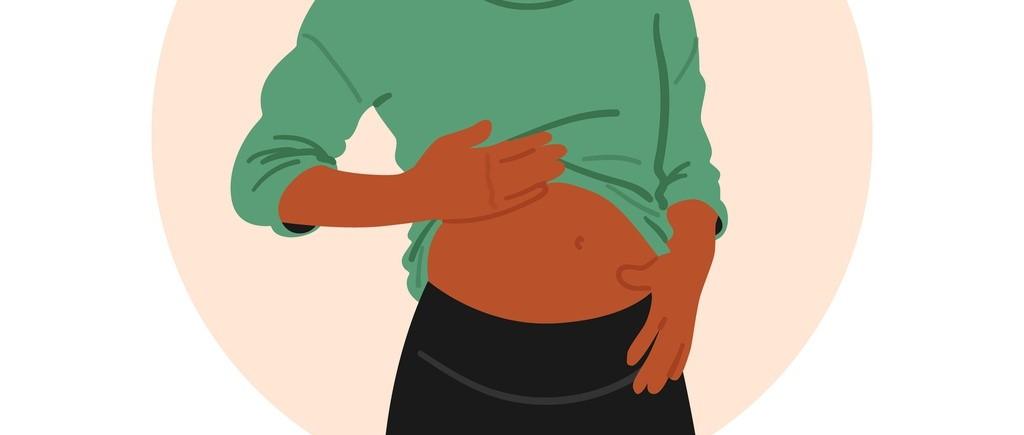
HPV vaccine could one day eliminate cervical cancer
Peer reviewed by Natalie HealeyLast updated by Milly EvansLast updated 27 Jun 2019
Meets Patient’s editorial guidelines
- DownloadDownload
- Share
- Language
- Discussion
New research suggests that use of the HPV vaccination could see the end of cervical cancer over the coming decades.
A new study published in the Lancet analysed data from 60 million people in high-income countries over eight to nine years. It found the girls-only HPV vaccination has led to a significant drop in HPV infections, genital warts and cervical pre-cancer.
The results of the study give strong evidence that HPV works in preventing cervical cancer, as both the cause (the HPV infection) and the number of pre-cancerous cells are declining in countries where the jab has been introduced.
Researchers found that the two types of HPV which cause the vast majority of cases of cervical cancer were significantly reduced after vaccination. There was an 83% decrease in HPV16 and 18 in girls aged 13-19 and a 66% decrease in women aged 20-24 five to eight years after receiving the jab.
HPV (human papillomavirus) is the name for a very common group of viruses. It is estimated that 80% of sexually active people will contract HPV at some point in their lives. In most people it is harmless, but some strains can develop into genital warts or cause cervical cancer. Over 3,000 women are diagnosed with cervical cancer each year in the UK and 800 will die.
Since it was licensed in 2007, the HPV vaccination has been adopted by 99 countries, most of which recommend vaccination to girls. The UK will soon be offering the vaccination to boys aged 12-13 as well as girls.
In the study, cases of genital warts fell 67% in girls aged 15-19 and 54% in women aged 20-24. Encouragingly, cases of pre-cancerous growths (which may turn into cervical cancer if not treated) were down by over 50% in girls aged 15-19 and 31% in women aged 20-24. The study showed that HPV prevention was greater in areas where there was higher vaccination coverage and coverage of multiple age groups over the eight years. Vaccination also benefited those who were not vaccinated as cases of genital warts dropped significantly in teenage boys and women over 30.
Mélanie Drolet of the CHU de Quebec-Laval University Research Center said: "We saw that programmes with multiple age cohorts of girls vaccinated and high vaccination coverage have greater direct impact and herd effects. This finding reinforces WHO's recently revised position on HPV vaccination to recommend HPV vaccination of multiple age cohorts of girls aged 9-14 years when the vaccine is introduced in a country, rather than vaccination of a single cohort."
Professor Marc Brisson of Laval University Canada agreed. "The landscape of HPV vaccination is rapidly changing, with several countries recently switching from three to two-dose schedules, gender-neutral vaccination, and a newer vaccine that targets more HPV types," he said. He hopes that the new evidence will encourage further research into how the vaccination programme can be used in low-income and middle-income countries.
In comments for the BBC, Robert Music, chief executive of Jo's Cervical Cancer Trust, voiced hopes that those against the vaccination would be positively encouraged by the research. "We sincerely hope this will boost public faith in the HPV vaccine of the past," he said.
This study was published in the Lancet.
Patient picks for Gynaecological cancer

Cancer
Do you know the early signs of ovarian cancer?
Just one in five women realise bloating is a symptom of ovarian cancer. Early diagnosis makes the disease easier to treat, so it's important to be aware of the signs.
by Amberley Davis

Cancer
What are the common myths and facts about cervical screening?
Cervical screening is an essential way to reduce the risk of cervical cancer, but research shows many women and people with cervixes are delaying or not attending their screenings. Feeling embarrassed is a common obstacle, as is misinformation about what smear tests involve. So what are the common myths surrounding cervical screening - and what are the facts?
by Lydia Smith
Continue reading below
Article history
The information on this page is peer reviewed by qualified clinicians.
27 Jun 2019 | Latest version

Ask, share, connect.
Browse discussions, ask questions, and share experiences across hundreds of health topics.

Feeling unwell?
Assess your symptoms online for free